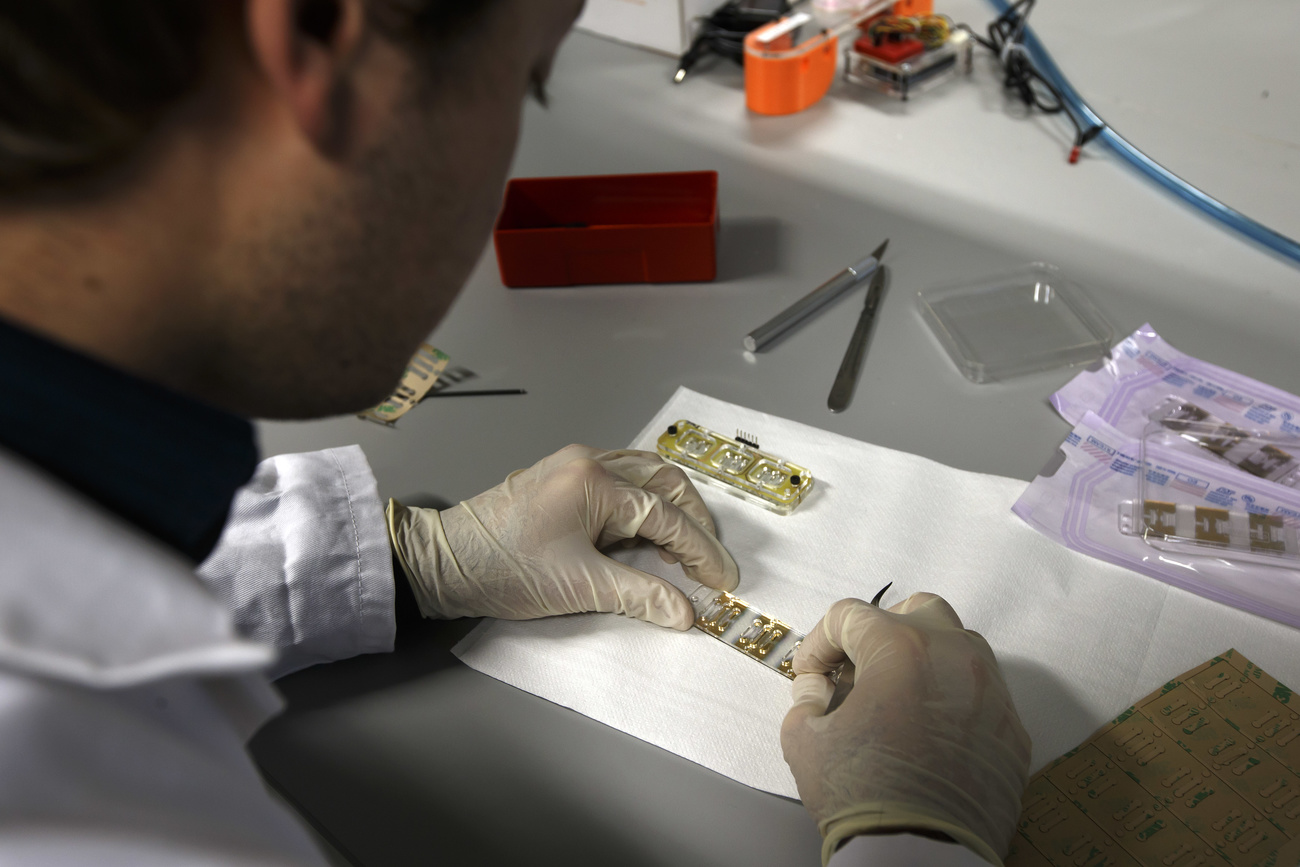
Geneva science-diplomacy project gets more government backing

The Geneva Science and Diplomacy Anticipator (GESDA), a project that aims to pre-empt the societal impacts of technological change, has won the financial support of the Swiss government for the next 10 years.
After a three-year pilot phase, the foundation has “carved out its profile in International Geneva as an important global governance player”, the government wrote on FridayExternal link.
As such, it has pledged to finance GESDA with a further CHF3 million ($3.27 million) per year for 10 years, starting in 2023. This will cover one-third of the foundation’s costs, with backing also expected from authorities in Geneva. A similar decision by the cantonal government is pending, the government said.
GESDA works in various areas on the intersection of science and diplomacy, with an overall goal “to strengthen the impact and innovation capacity of the international community through scientific and diplomatic anticipation”.

More
Anticipating future technologies for humanity’s well-being
To do this, it works in the areas of “anticipation” (drawing up reports of the most important scientific and technology trends), “acceleration” (promoting dialogue between scientists, diplomacy, business, and philanthropy), and “implementation” (supporting science-based projects to achieve the 2030 UN sustainable development goals).
In October 2021, it hosted its first summit, bringing together 900 people from around the world.
On Friday, the government maintained the arguments made by foreign minister Ignazio Cassis at the creation of the foundation in 2019, saying that it also establishes a hub for science diplomacy and boosts the visibility of International Geneva.

In compliance with the JTI standards
More: SWI swissinfo.ch certified by the Journalism Trust Initiative





























You can find an overview of ongoing debates with our journalists here . Please join us!
If you want to start a conversation about a topic raised in this article or want to report factual errors, email us at english@swissinfo.ch.